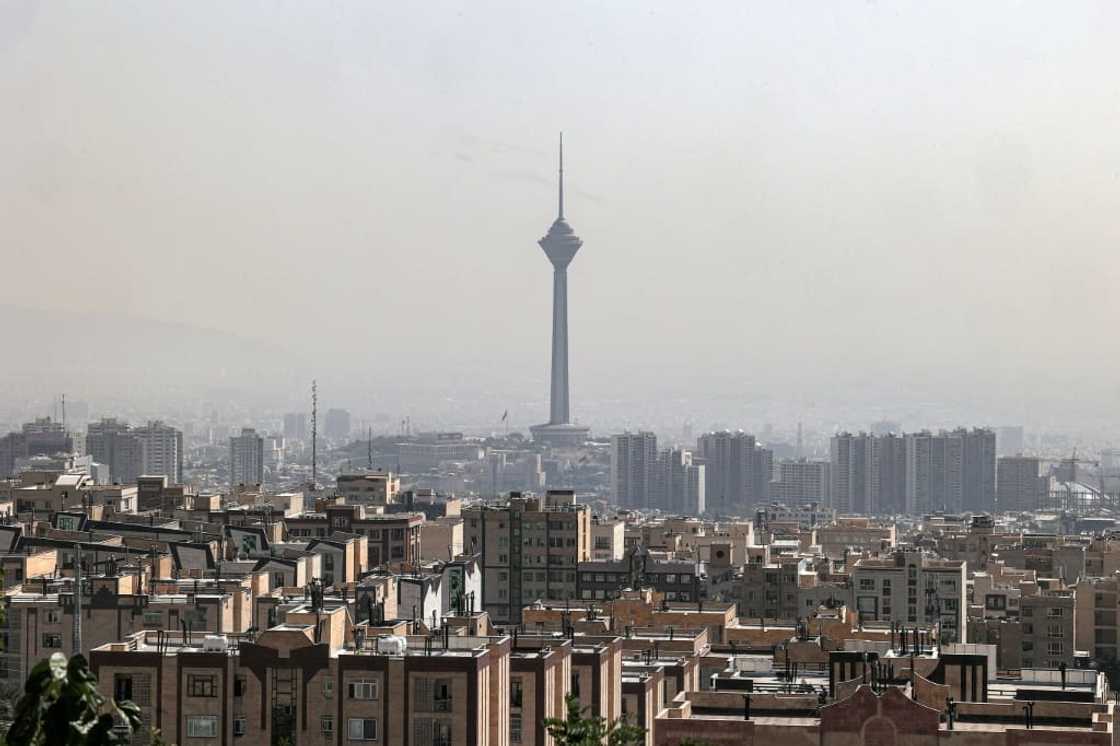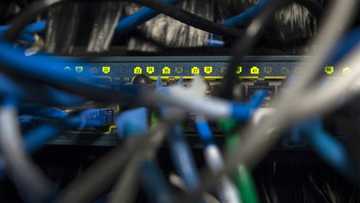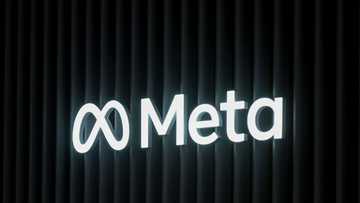Iran 'throttling' internet to limit protest footage: activists

Source: AFP
PAY ATTENTION: Сheck out news that is picked exactly for YOU ➡️ find the “Recommended for you” block on the home page and enjoy!
Iran is imposing increasingly severe restrictions on access to the internet, albeit still short of a total shutdown, in an apparent bid to limit the sharing of footage of protests which have erupted nationwide, activists charge.
Campaigners and Persian-language television channels outside Iran have noted a reduction in the posting of footage of the protests filmed on mobile phones, almost two weeks into the movement that erupted following the death of Mahsa Amini.
The authorities have already restricted access to Instagram and WhatsApp -- until now the last remaining unfiltered social media services -- and have now clamped down on apps like the Google Play Store as well as Virtual Private Networks (VPNs) that seek to circumvent local access restrictions.
"It's still not an internet shutdown, and it's hard to even describe what they are doing to the network as 'shutdowns'. Perhaps extreme throttling is the best simple term for it," said the Iran researcher for freedom of expression group Article 19, Mahsa Alimardani.
"But the disruptions are heavy," she told AFP, saying disconnections were hitting a peak from late afternoon to midnight when most protests take place.
The restrictions still fall short of the total shutdown seen in November 2019 when a crackdown on less than a week of protests, according to Amnesty International, left at least 321 people dead.
PAY ATTENTION: Never miss breaking news – join Briefly News' Telegram channel!
Videos of protests and alleged abuses by the authorities are still filtering out onto social media channels, but not in the same volume as when protests first erupted following the death of Amini who had been arrested by the morality police.
"The authorities seem to have learned how dangerous this is for their economy or overall public relations," commented Alimardani.
'Massive hurdle'
Norway-based Iran Human Rights (IHR), which says 76 people have been killed in the crackdown so far, said internet access has either been "severely disrupted or completely cut" over the last days.
"Internet disruptions continue to cause delays in reporting" deaths in the protests, it warned.
Paris-based Reporters Without Borders (RSF) said: "Twelve days after the beginning of the protests, the internet network is still down daily throughout the country."
In response, social media giants have sought to offer assistance to Iranians, the United States has even agreed sanction relief on some software, and tycoon Elon Musk has offered his Starlink satellite internet network.
But how much such measures can help, especially in the short term, remains unclear.
"Internet outages are happening more frequently worldwide, including in parts of Iran this week," Google said in a statement on Twitter, saying its teams were "working to make our tools broadly available" following the eased US sanctions.
"We hope these changes help, in some small way, people safely access information at this important time," it added.
Iranians have long used VPNs to access sites blocked in Iran -- even government officials including the foreign minister have Twitter accounts despite the network being blocked in the country.
But Alimardani described using and accessing VPNs right now as "hit and miss" for Iranians with the blocking of the Google Play Store, a major blow when most Iranians are using Android mobile phones with their Google operating systems.
"This is a massive hurdle to downloading safe and new VPNs that work," she said.
PAY ATTENTION: Сheck out news that is picked exactly for YOU ➡️ find the “Recommended for you” block on the home page and enjoy!
Source: AFP




